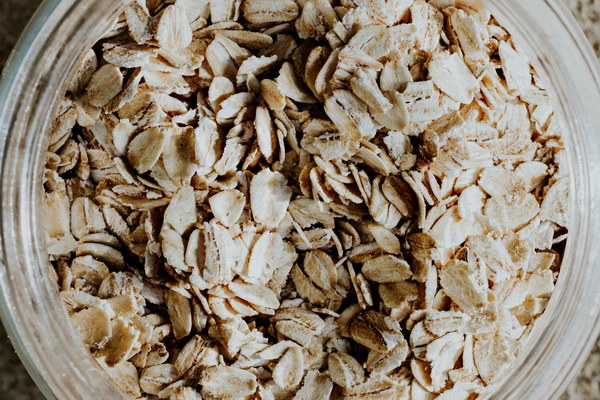The LongTerm Journey to a Healthy Stomach Nurturing Your Gut for Lifelong Wellbeing
Introduction:
The journey to a healthy stomach is not a sprint but a long-term endeavor. Our digestive system plays a crucial role in our overall health, and taking care of it is essential for a fulfilling life. This article delves into the importance of long-term stomach care, offering practical tips and insights to nurture your gut for lifelong well-being.
1. Understanding the Gut:
The gut is a complex ecosystem that houses billions of bacteria, viruses, and fungi. These microorganisms, collectively known as the gut microbiota, play a vital role in digestion, nutrient absorption, and immune function. A healthy gut can help prevent a range of health issues, from irritable bowel syndrome (IBS) to autoimmune diseases.
2. The Benefits of Long-Term Stomach Care:
Investing in long-term stomach care can lead to numerous health benefits, including:
- Improved digestion and nutrient absorption
- Enhanced immune function
- Reduced risk of chronic diseases, such as heart disease and type 2 diabetes
- Better mental health, including reduced anxiety and depression

- Increased energy levels and overall well-being
3. Long-Term Stomach Care Tips:
a. Eat a Balanced Diet:
A varied diet rich in fruits, vegetables, whole grains, lean proteins, and healthy fats is crucial for maintaining a healthy gut. Foods high in fiber, such as beans, lentils, and berries, help promote regular bowel movements and support gut health.
b. Limit Processed Foods:
Processed foods often contain harmful additives and preservatives that can disrupt the gut microbiota. Limiting your intake of these foods can help maintain a balanced gut environment.
c. Stay Hydrated:
Drinking plenty of water is essential for digestion and nutrient absorption. Aim to drink at least eight glasses of water per day, and increase your intake during hot weather or when you're exercising.
d. Manage Stress:
Chronic stress can negatively impact gut health. Engaging in stress-reducing activities such as meditation, yoga, or deep breathing exercises can help maintain a healthy gut.
e. Get Regular Exercise:
Regular physical activity can promote a healthy gut by increasing blood flow to the digestive system and enhancing gut motility. Aim for at least 30 minutes of moderate exercise most days of the week.
f. Avoid Smoking and Limit Alcohol Consumption:
Smoking and excessive alcohol intake can harm the gut microbiota and increase the risk of digestive disorders. Quitting smoking and limiting alcohol consumption can improve gut health.
4. Supplements and Probiotics:
Supplements and probiotics can help maintain a healthy gut, but it's essential to consult with a healthcare professional before starting any new regimen. Probiotics are live bacteria that can be found in fermented foods such as yogurt, kefir, sauerkraut, and kimchi. Prebiotics are non-digestible fibers that act as food for probiotics, and they can be found in foods like bananas, onions, garlic, and asparagus.
5. Regular Check-Ups:
Regular visits to a healthcare professional can help identify any potential issues with your gut health early on. This may include blood tests, stool tests, or other diagnostic procedures.
Conclusion:
The long-term journey to a healthy stomach requires a commitment to lifestyle changes and regular self-care. By following these tips and maintaining a balanced approach to nutrition, exercise, and stress management, you can nurture your gut for lifelong well-being. Remember, a healthy gut is the foundation for a healthy life.









